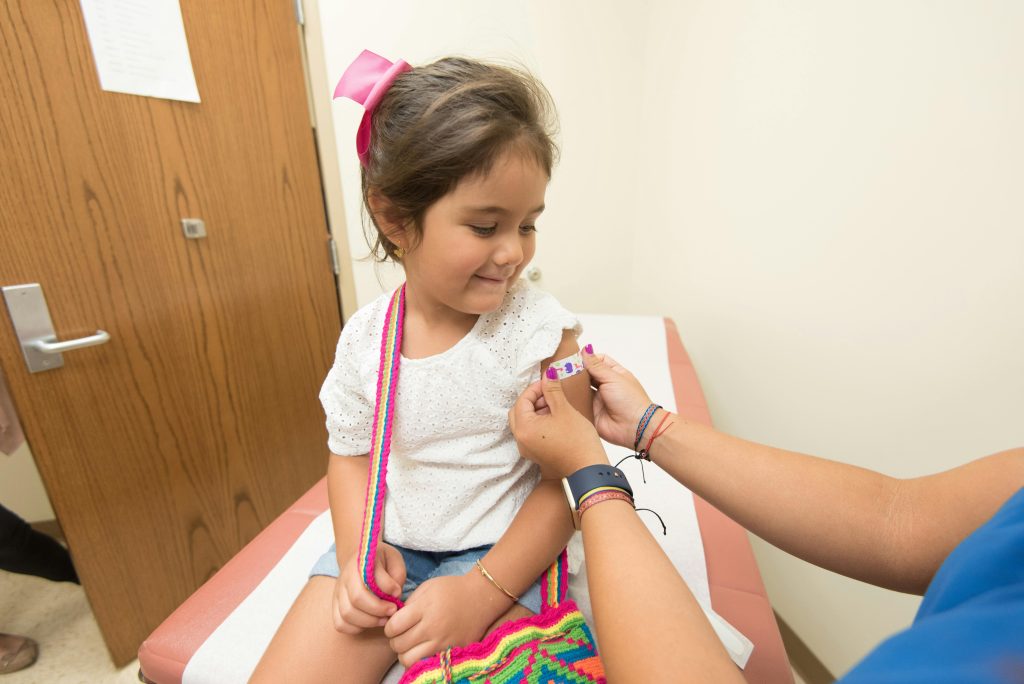On Monday, health authorities in the United Kingdom urged millions of parents to schedule measles, mumps, and rubella vaccinations for their children, responding to a significant rise in measles cases and the lowest vaccination rates in the past decade.
In response to data revealing approximately 250 confirmed measles cases in certain regions of England last year, the National Health Service is launching a public awareness campaign.
The majority of these cases involved children under the age of 10.
The combined measles, mumps, and rubella (MMR) vaccine is administered in two doses to all children in the UK, first at 12 months and then at 3 years.
Vaccination rates have declined to around 85% nationally, and in certain areas of London, the rates are even lower, as reported by Jenny Harries, the Chief Executive of the UK Health Security Agency.
Public health authorities indicate that over 3.4 million children under the age of 16 are vulnerable and at risk of contracting preventable diseases.
While the UK declared measles eliminated in 2017, signaling the absence of the disease as a native occurrence, reintroduction occurred due to outbreaks in other European regions.
Officials emphasize that outbreaks can emerge in areas where vaccine coverage falls below the 95% threshold required for herd immunity.
In November, both the World Health Organization (WHO) and the US Centers for Disease Control and Prevention (CDC) reported a more than 40% increase in global measles deaths last year, attributing the rise to a significant drop in vaccination rates during the COVID-19 pandemic.
How Is Measles Transmitted?

Measles, a highly contagious airborne disease transmitted through coughing or sneezing, primarily affects children under 5.
Symptoms encompass fever, cough, runny nose, and a distinctive rash. Complications can lead to permanent physical damage, including deafness, while severe outcomes such as encephalitis, dehydration, respiratory issues, and pneumonia contribute to most deaths.
Amid concerns of vaccine misinformation, officials encourage individuals to seek information from trusted sources.
The late 1990s saw a decline in vaccination rates due to discredited claims linking the MMR vaccine to autism, a setback that took years to overcome.
More recently, the pandemic and anti-vaccine sentiment have exacerbated declines in vaccination uptake, according to Helen Bedford, a professor of children’s health at University College London.
